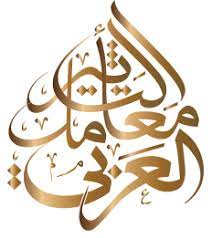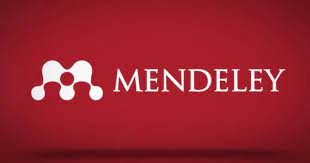The power of discourse in the verses of the Holy Qur'an
DOI:
https://doi.org/10.36317/kaj/2019/v1.i42.13463Keywords:
والسحرةAbstract
The position of utterance for discourse requires the assumption of a speaker or listener whose first goal is to influence the second, which in this case makes it a form of ideology that provides him with the imposition of power and hegemony, as Foucault believes. Discourse is a function of power, an ideological exercise, and the superior ability to formulate laws and frame speakers within a network of commands, prohibitions, customs, and values. Through the descriptive approach, the research wanted to address the authoritarian discourse in some of the verses of the Holy Qur’an, in which it showed the extent of the relationship between the formulation of the discourse and ideology and the extent of the impact of social, cultural, authoritarian and political phenomena on the formation and crystallization of the discourse, especially in Pharaoh’s critical authoritarian speeches. The research also concluded that the status of utterance is what was granted The discourse had influence and authority and made it possible for Pharaoh to utter the logic of divinity and consider the ego as absolute authority, which turned the place of speech or its horizon into an arena of confrontation with anyone who would take away the freedom of the ego, cancel it, or marginalize its role. The matter did not stop there, but rather the authority created its discourse with Pharaoh and then its ideology and this. What allows the ego (Pharaoh) to create his own discourse and ideology vis-à-vis other discourses, as he considered himself the Supreme Lord, and since there is no authority without other opposing ideas and obligations, the latter was represented in the speeches of Moses and the magicians (believers) as an expression of the will of one power in exchange for the will of another power, and let us not forget that this is due to change. In the meaning of the words according to the difference in ideologies and positions, just as what is meant by God, religion, and corruption is something other than that of Moses and Pharaoh.
Downloads
Published
How to Cite
Issue
Section
Categories
License
Copyright (c) 2023 عبير الجادري، علي رضا محمد رضايي

This work is licensed under a Creative Commons Attribution 4.0 International License.



















